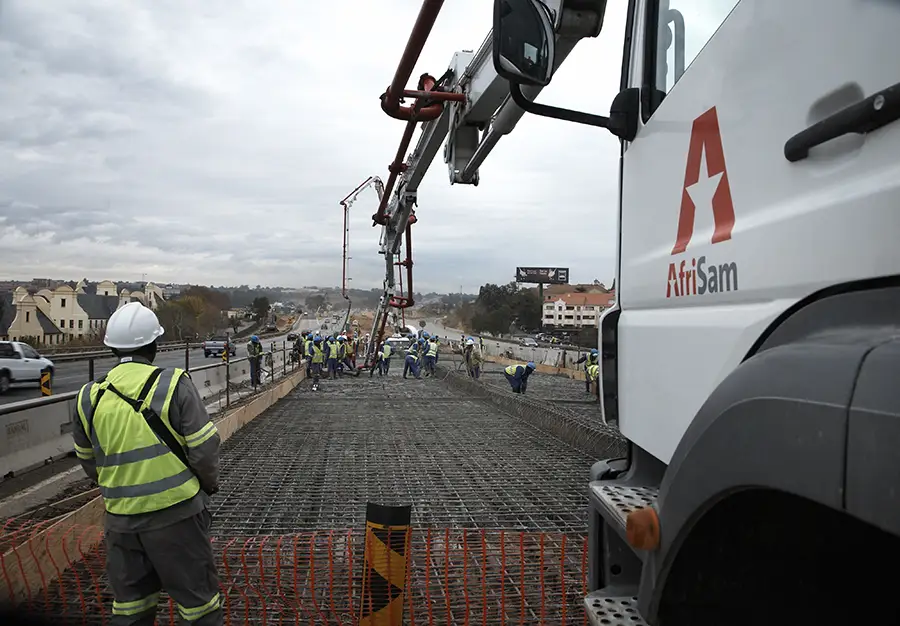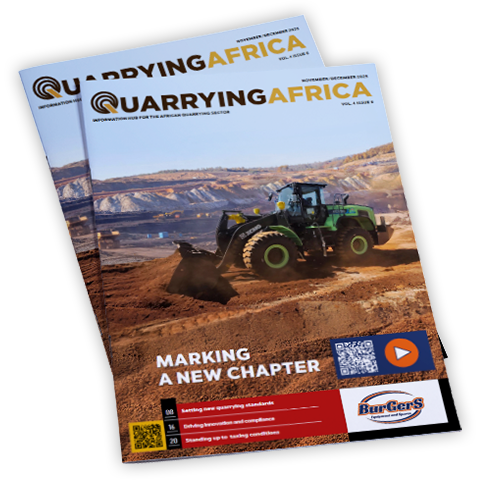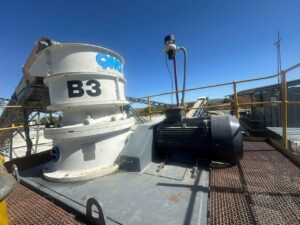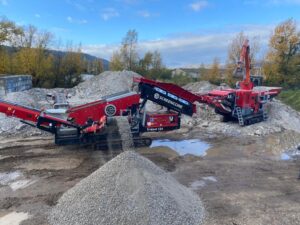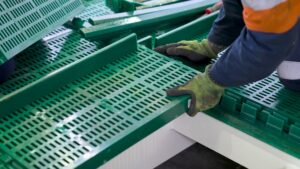As an industry leader in building and construction materials, AfriSam’s business model has always been dedicated to customer satisfaction, a philosophy that has been at the core of the company’s success for the past 90 years.
The company’s story began in 1934 with the launch of Anglovaal Portland Cement Company Ltd, a small building materials supplier. After several name changes, mergers, company expansions, technological innovations and the addition of a slagment business to the portfolio, the AfriSam brand was born in 2008.
Over the years, AfriSam has cemented itself as a leading construction materials supplier in southern Africa, with operations in South Africa, Lesotho and Eswatini. With a workforce of about 1 300 people (including permanent, contract and learner employees), the company operates two fully integrated cement plants in South Africa, a milling plant with blending and packing facilities, five blending plants (three in South Africa, one each in Lesotho and Eswatini), a slag grinding plant, 19 readymix plants and 12 aggregate quarries.
Across these operations, the company has the capacity to produce 4,5-million tonnes (t) of cement, 800 000 t of slagment, over 5-million t of aggregates and 1,5-million m³ of readymix concrete per annum.
Reflecting on the past 90 years, Glenn Johnson, Executive: Construction Materials, Operations, says AfriSam’s journey is a true reflection of the road that South Africa has travelled during the past century. “Our history as a company interrelates with key periods of structural change in the country. Our transition over the years pretty much mirrors what the country has gone through over the past 90 years,” he says.
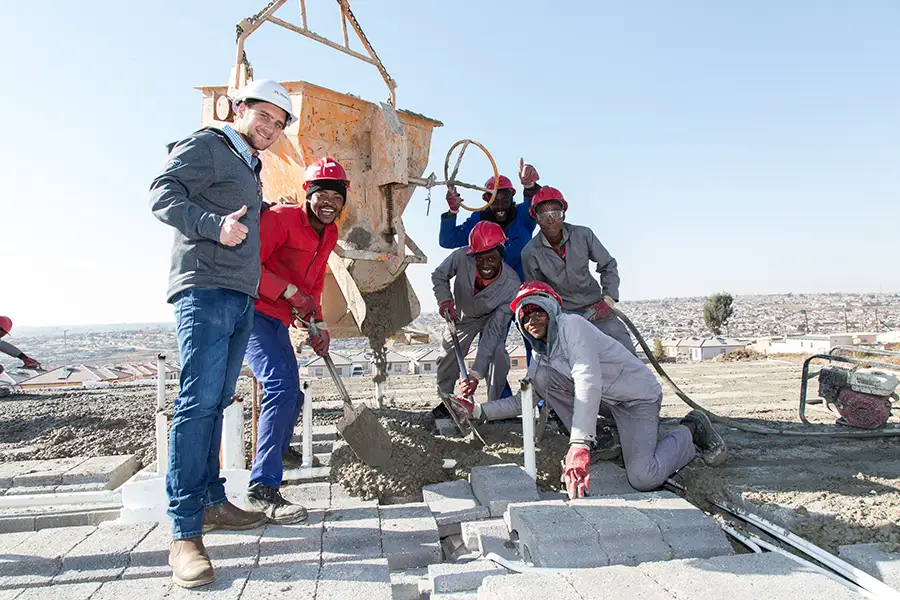
Weathering storms
While AfriSam’s 90-year milestone is a legacy of successful creation of concrete possibilities, the road has not been without speed bumps. Surviving some of the of the worst financial disasters of the 20th Century – the Great Depression and the Great Recession of 2008 in particular – has provided the blueprint to weather recent economic storms.
Amit Dawneerangen, Executive: Construction Materials, Sales & Product Technical, says the lack of infrastructure spending in the past decade has been one of the key challenges of recent times. In fact, adds Johnson, the construction sector in South Africa has contracted approximately 40% since 2010, yet the construction industry has the ability to be the single largest source of employment across all sectors.
Furthermore, the influx of imported cement in South Africa has been ‘a thorn in the side’ of local cement producers. To provide context, South Africa has an installed capacity of 21-million tonnes per year (tpy). Due to the lack of meaningful infrastructure investment, the industry currently produces in the region of 12-million tpy. Yet, there are about a million tonnes of imports coming into the market annually, mainly in the coastal areas of the country, leaving the industry battling with about 9-million tpy of extra capacity.
In addition, says Dawneerangen, the demise of the so-called “Big Five” construction contractors post the 2010 infrastructure boom was a big shock to the system. This had a significant effect on the order book and the AfriSam business at large. Suddenly, says Dawneerangen, the customer profile shifted from large companies to medium sized and smaller emerging contractors.
“We have had to adjust accordingly to be able to serve this group of customers. For example, we had to create new procedures for credit facilities that speak directly to emerging contractors. In the process, we had to streamline our processes and become more flexible for us to be able to trade with these enterprises,” explains Dawneerangen.
The same view is shared by Johnson, who says the requirements of small companies are different to those of the large contractors, and this has called for a greater degree of adjustment and flexibility on AfriSam’s part.
“We have streamlined the business to be more agile and flexible. In fact, we have eliminated the traditional layers of reporting structures to ensure efficiency and the ability to operate in the new business environment,” explains Johnson.
Skills shortage has been one of the recent key challenges facing AfriSam and the construction fraternity in general. According to Johnson, the brain drain has left a big skills hole that is hard for the industry to fill. As a result, companies such as AfriSam have had to invest significantly in their own skills development programmes.
From around 2017, government’s reduced infrastructure budget contributed to depressed market conditions. AfriSam, however, managed to tighten its belts and maintained its aggregates and readymix concrete footprint. When it looked like conditions could not get any worse, the Covid-19 pandemic struck, and AfriSam had to go into a rationalisation mode to survive the tough market conditions.
Consequently, the company had to reduce its Construction Materials (CM) division’s capacity by almost 50%. Only nine out of the company’s 17 aggregate quarries, and 17 out of the 40 readymix plants were kept operational at the time. Through a Section 189 process, the company had to reduce its CM staff complement by half.
However, a Covid-19 recovery plan demonstrated the company’s adaptability. The experienced management team, with the support of the board, was able to navigate this difficult process independently.
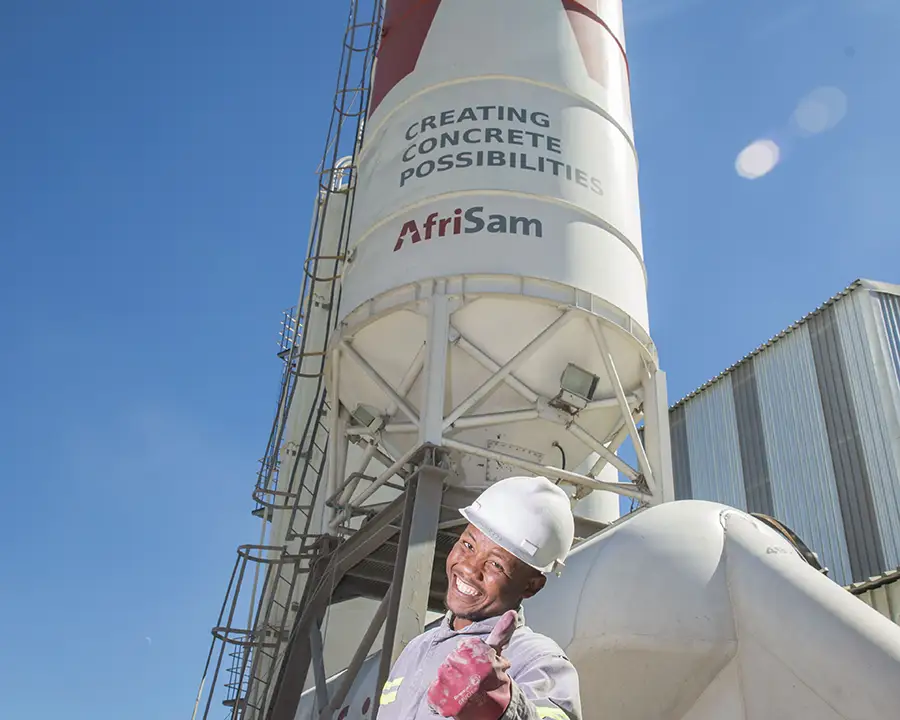
Successes abound
Despite these challenges, AfriSam has recorded some major successes during its 90-year journey. On the project front, the company has supplied its quality construction materials to some of the flagship projects in the country.
In the early 2000s, AfriSam was instrumental in the construction of the Nelson Mandela Bridge in Johannesburg, the largest cable-stayed bridge in South Africa. To fill the deep piles underpinning the bridge, AfriSam designed a special self-compacting concrete with extended workability. The concrete was then pumped into the 47-m high pylons from the bottom upwards, a process which had never been attempted before in South Africa.
The run-up to the 2010 Soccer World Cup, says Johnson, was inarguably the most positive business period for AfriSam in recent times. One of the projects of note was the Gautrain, an 80-km high-speed commuter rail system in Gauteng which links Johannesburg, Pretoria, Kempton Park and O. R. Tambo International Airport.
“The Gautrain was a milestone project for us. To provide context, we supplied 200 000 t of cement to the Gautrain Rapid Rail Link Project South Section and nearly 439 000 t of 73 mm ballast. On average, some 300 t of crushed material was used daily on this project,” explains Dawneerangen.
In addition, Johnson says the Gauteng Freeway Improvement Project (GFIP) was another important project, where AfriSam supplied material for the upgrade of 185 km of Gauteng roads. This was complemented by other big projects such as stadia and bridges.
Elsewhere, AfriSam was a key supplier to the Durban Harbour project between 2007 and 2008. The project entailed widening of the harbour by approximately 150 m and increasing the depth from minus 12 to minus 19 m. AfriSam established two readymix concrete batching plants on site that produced 300 m³ of concrete in an eight-hour shift. In total, AfriSam supplied a total of 124 000 m³ of concrete to the project.
The Leonardo, a mixed-use high-rise development in Sandton which, on completion, was the tallest building in Africa at 234 m, before being surpassed by the 264-m Great Mosque of Algiers Tower in Algeria in April 2019, is yet another notable project in the history of AfriSam. The “key-wall” columns constitute a special feature of the Leonardo. To control the plumb, state-of-the-art specialised GPS technology was used. Hi-tech sonic vibrators were successfully used in the columns for optimum compaction. To counteract friction stresses, aggregate size was reduced to 13,5 mm and 9,5 mm.
The historic 100-year-old Grain Silo complex, a thriving grain storage hub in Cape Town, was repurposed to house the Zeitz Museum of Contemporary Art Africa (MOCAA). AfriSam supplied all the new concrete requirements for this project. The main mix for the silos, including the sleeves, was a prescribed mix of 30 MPa with a 9 mm stone. This mix was developed over a period of testing to ensure that it would have the correct consistency. Aggregates were an important factor in the final mix design as the surface finish had to meet the stringent specifications of the architect but also had to comply with the workability requirements.
Another milestone project for AfriSam is the Ingula Storage Scheme, Eskom’s third pumped storage scheme with an output of 1 332 MW, which is mostly used during peak-demand periods. The station became fully operational at the end of 2015. Here, AfriSam supplied in excess of 230 000 t of cement from the project’s commencement in 2010. Supply also included 98 000 t of sub-base and 55 000 t of overburden. Approximately 14 000 t of aggregate were supplied for readymix, pipes and manholes.
Other significant projects in the supply history of the company include the Michelangelo Towers, the Sandton Convention Centre, O.R. Tambo Airport Central Terminal Building, the Glen Shopping Centre, BRT Cape Town, Vodacom Head office, Lakeside Mall, Allandale Bridge, Newtown Junction and the Group Five Housing Project in Soshanguve, among others.

Key trends
Commenting on some key trends in the construction materials market, Dawneerangen highlights the greater focus on sustainability. Having embarked on its sustainability journey some three decades ago, AfriSam has over the years introduced a number of initiatives to reduce its carbon footprint. Chief among them is the use of extenders to reduce clinker content in its cement.
In 2009, AfriSam was the first cement maker to introduce a CO2 rating system, indicating the carbon footprint of each of its cement products relative to Ordinary Portland Cement (OPC). The company has also become the world’s first construction materials supplier to Carbon Footprint all its production operations, including cement, aggregates and readymix concrete operations.
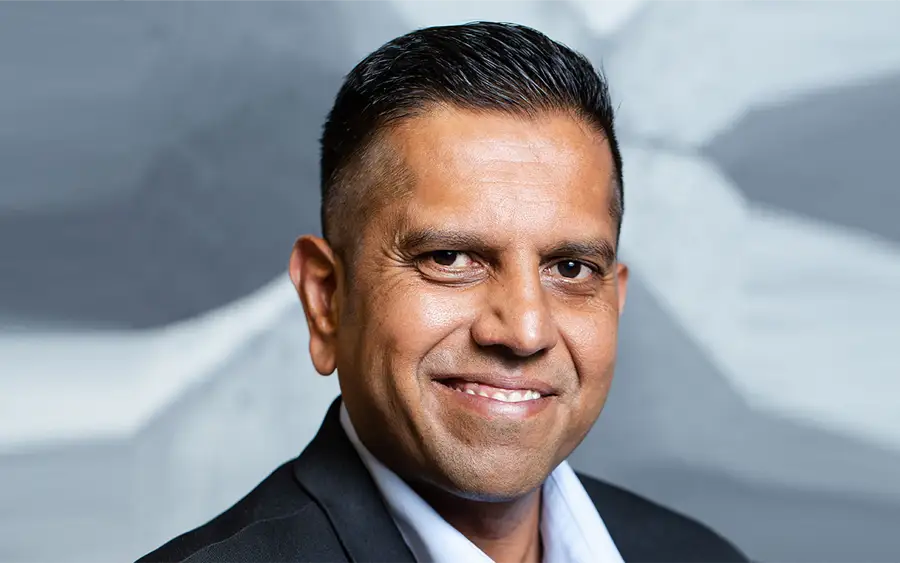
AfriSam was also the first cement company to publish an environmental policy, having done so in 1994. In 2012, the company became the first cement company to pledge support to Eskom’s R49-million campaign to demonstrate its commitment to the global agenda for energy efficiency. Owing to a number of initiatives, AfriSam has reduced its carbon emissions by 33% since 1990 – making it a leader in decarbonisation efforts in the South African cement sector.
On the readymix concrete side of the business, the company uses supplementary cementitious materials such as slagment and fly ash to reduce the amount of cement in its concrete. “In some mixes, we use up to 70% supplementary cementitious materials, depending on the application,” says Dawneerangen. “Our readymix plants also have strict re-use and recycling processes, and must recycle most of their grey water generated on-site. Some of the plants are now using 100% recycled water as mixing water for concrete at their operations.”
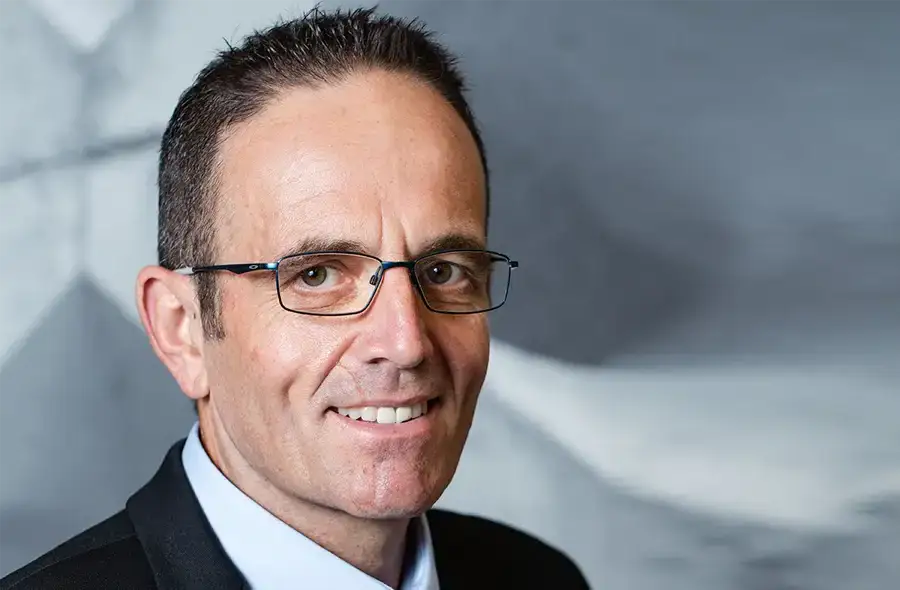
Finally, Johnson says for the company to survive the next 90 years, it has to become more agile, more resourceful and entrepreneurial than ever before. “Being a corporate does not guarantee success anymore. To be relevant in the future, I believe we will have to transform our corporate mindset into operating more entrepreneurially and independently of a traditional corporate structure. Adaptability and resourcefulness will be the order of the day,” concludes Johnson.
